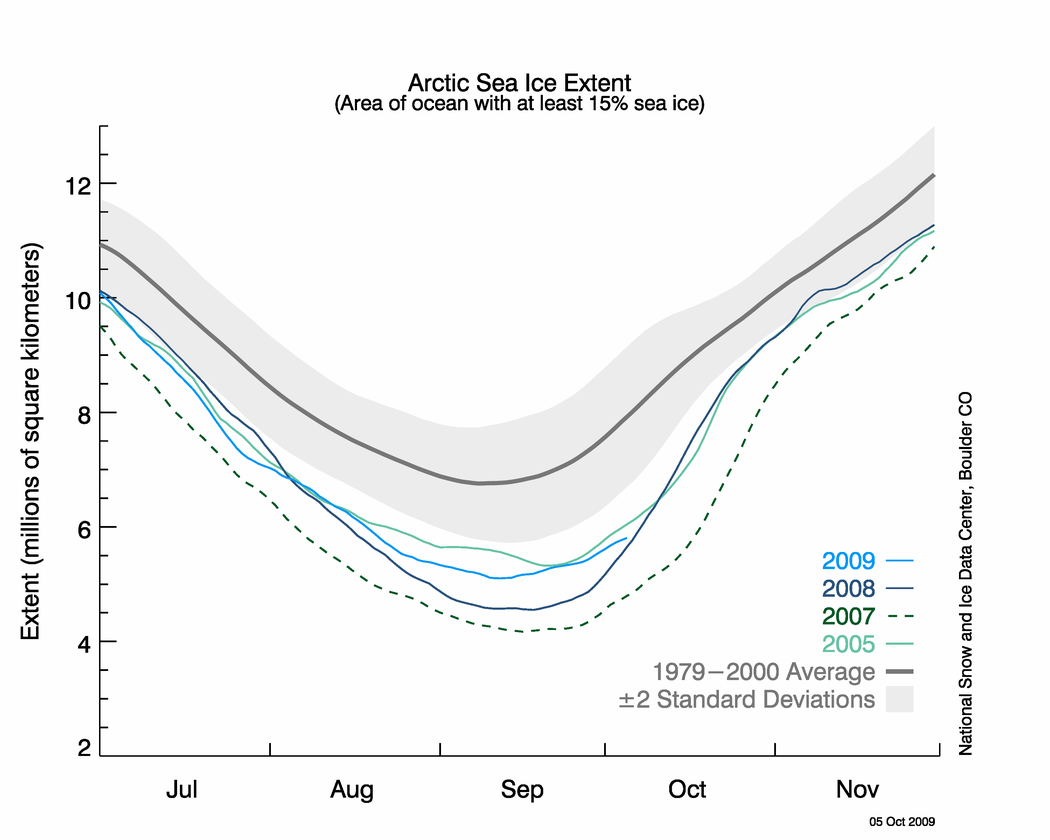Re: For Those Who Enjoy Discussing Climate Change..... Not Chess Related
It is not surprising that forestry and paper are in trouble; with print media being replaced by electronic media demand for paper has collapsed. I do not think that the carbon tax affected this much, although it could have been the final nail in the coffin.
Natural gas (basically methane) is a very interesting topic that we discussed yesterday in a different context. As, you say the market in North America has basically collapsed and my ETF GAS did not do so well (along with my BetaPro ETF HOU for oil since the price has been two volatile). Not only did the shale gas finds punish it, but also as oil wells deplete the well pressure drops and more natural gas bubbles out of the oil to the top of the reservoir, so ironically as oil depletes there becomes more natural gas in the short term (Jeff Rubin covers this in his interesting book "Why your world is about to get a whole lot smaller"). I spoke to Jeff at his book launch in Ottawa months ago, and he said that natural gas has huge regional price variations and is still very highly priced in Europe and elsewhere. If this disparity continues for a long time he feels that we may liquify it (Liquified Natural Gas LNG) and North America could become an exporter of it. This is opposite to what people thought a few years ago, when the view was that we would be importing LNG from other places. I think that Jeff knows his stuff, some say he is a maverick but he was chief economist at CIBC world markets for a long time.
B. C. is experiencing some of the problems with having a carbon tax in one place and not in other places. To be really effective it would need to be implemented in most other countries to level the playing field. Barring that, to counteract the downside I think that Rubin recommended import tariffs on countries that do not have carbon taxes or greener production to level the playing field.
I looked at the link and think that it would be a horrible mistake for any place to give corporations a vote in elections. They already have a big enough impact with their lobbying and large resources relative to the general public. I wonder how it worked years ago when it was allowed in B.C.?
It is not surprising that forestry and paper are in trouble; with print media being replaced by electronic media demand for paper has collapsed. I do not think that the carbon tax affected this much, although it could have been the final nail in the coffin.
Natural gas (basically methane) is a very interesting topic that we discussed yesterday in a different context. As, you say the market in North America has basically collapsed and my ETF GAS did not do so well (along with my BetaPro ETF HOU for oil since the price has been two volatile). Not only did the shale gas finds punish it, but also as oil wells deplete the well pressure drops and more natural gas bubbles out of the oil to the top of the reservoir, so ironically as oil depletes there becomes more natural gas in the short term (Jeff Rubin covers this in his interesting book "Why your world is about to get a whole lot smaller"). I spoke to Jeff at his book launch in Ottawa months ago, and he said that natural gas has huge regional price variations and is still very highly priced in Europe and elsewhere. If this disparity continues for a long time he feels that we may liquify it (Liquified Natural Gas LNG) and North America could become an exporter of it. This is opposite to what people thought a few years ago, when the view was that we would be importing LNG from other places. I think that Jeff knows his stuff, some say he is a maverick but he was chief economist at CIBC world markets for a long time.
B. C. is experiencing some of the problems with having a carbon tax in one place and not in other places. To be really effective it would need to be implemented in most other countries to level the playing field. Barring that, to counteract the downside I think that Rubin recommended import tariffs on countries that do not have carbon taxes or greener production to level the playing field.
I looked at the link and think that it would be a horrible mistake for any place to give corporations a vote in elections. They already have a big enough impact with their lobbying and large resources relative to the general public. I wonder how it worked years ago when it was allowed in B.C.?




Comment